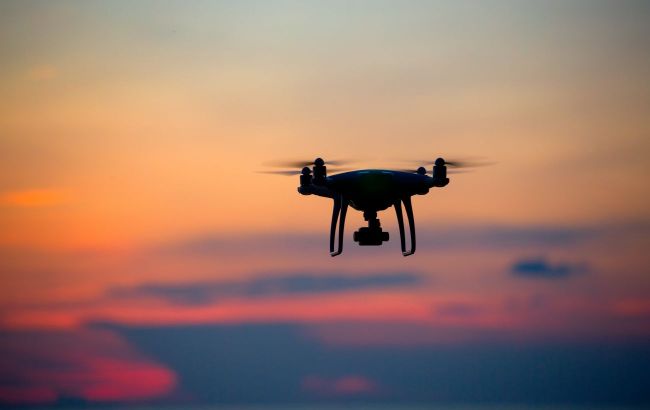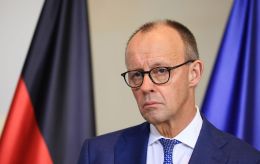Lithuania aims to deploy air defense system within half a year
 Illustrative photo: Lithuania plans to create a system for detecting and neutralizing air threats in six months (GettyImages)
Illustrative photo: Lithuania plans to create a system for detecting and neutralizing air threats in six months (GettyImages)
Lithuania is actively advancing the development of technologies to counter recent incidents of smuggled balloons and drones entering from Belarus.
This was stated by Deputy Minister of Economy Paulius Petrauskas according to LRT.
Several dozen Lithuanian companies have already presented their developments aimed at detecting, monitoring, identifying, and neutralizing airborne threats.
According to Petrauskas, the government plans to select the most promising projects within a few weeks, and the technology itself is expected to be developed within six months.
"Within two weeks we will determine the companies and their concepts. After that, we will refine their proposals to accelerate the development of the technology," he said.
Petrauskas added that the Ministry of the Interior is already preparing technical requirements for future procurements. This will allow for testing and integration of the new system into the existing infrastructure.
"The process may take from three to six months," he noted.
Some of the technologies submitted have already been tested in Ukraine for other purposes but could be adapted for use in Lithuania. Other proposals are entirely new, and their combination could provide effective protection.
Earlier this month, the ministry received 35 applications with solutions to strengthen the country’s airspace security against balloons and other aerial vehicles that recently disrupted operations at Vilnius Airport.
Companies whose ideas are deemed most promising will share a grant fund of 1 million euros.
Belarus provocations
In October, Vilnius International Airport had to suspend operations several times due to balloons entering from Belarus. Approximately 3,500 passengers were affected, and the schedules of 25 flights were disrupted.
In response to the incidents, Lithuanian Prime Minister Ingrida Šimonytė convened a meeting of the National Security Commission, which decided to temporarily close the border with Belarus for one month.
Belarus, in turn, threatened to take action against Lithuanian transport remaining on its territory after the restrictions were imposed.
Despite this, provocations continued in November: Vilnius Airport had to temporarily halt operations again due to unidentified drones entering the airspace near the airport.
The European Union regards these actions as a deliberate hybrid operation carried out by the regime of Belarusian leader Alexander Lukashenko. The EU also warned that a repeat of such incidents could be grounds for new sanctions against Belarus.


